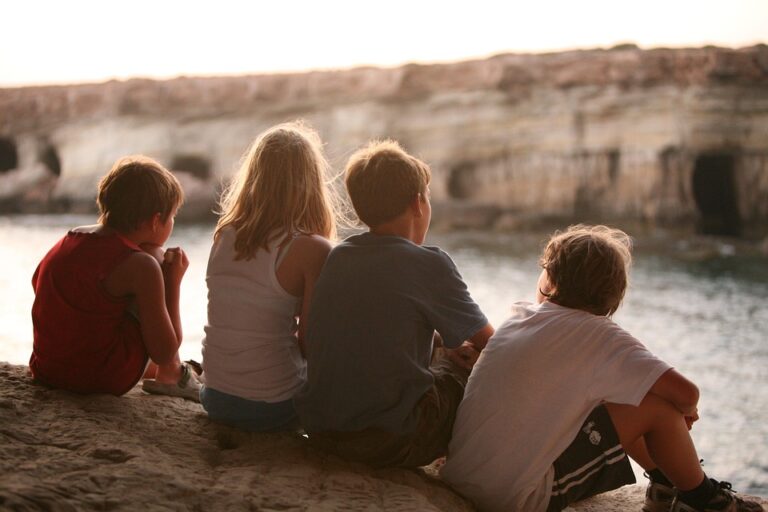
Emotions play a vital role in our daily lives. They guide our behaviors, decisions, and relationships. But have you ever stopped to think about where these emotions come from? Many psychologists believe that our childhood experiences shape our emotions.
Childhood is a time of learning, growth, and development. It is during these formative years that we begin to understand and process emotions. From the time we are born, we are exposed to various experiences, interactions, and environments that shape our emotional responses. These early experiences can have a lasting impact on how we perceive and express emotions throughout our lives.
One of the key factors that influence our emotions in childhood is the relationship with our primary caregivers, usually our parents. The way our parents respond to our needs, emotions, and behaviors has a significant impact on our emotional development. For example, if a child grows up in a nurturing and supportive environment, they are more likely to develop positive emotions and healthy coping mechanisms. Conversely, children who grow up in an environment marked by neglect, abuse, or conflict may struggle with emotional regulation and expression.
Another important factor in shaping our emotions is the modeling of emotions by our parents and caregivers. Children learn how to express and manage emotions by observing the adults around them. If a child sees their parents responding to stress or conflict with anger or aggression, they are more likely to adopt similar emotional responses. On the other hand, if children witness their parents expressing and resolving emotions in a healthy and constructive manner, they are more likely to develop effective emotional regulation skills.
Additionally, childhood experiences, such as trauma or loss, can also have a profound impact on our emotional well-being. These experiences can create lasting emotional wounds that influence how we perceive and react to the world around us. Traumatic events in childhood can lead to emotional dysregulation, anxiety, depression, and other mental health issues if not addressed and processed.
Understanding the emotional rollercoaster of childhood can help us make sense of our emotions and behaviors as adults. By reflecting on our past experiences and exploring how they have shaped our emotional responses, we can gain insight into our emotional triggers and patterns. This self-awareness can empower us to make positive changes in how we relate to ourselves and others.
Therapy and counseling can be valuable tools in understanding and addressing childhood emotional wounds. By working with a therapist, individuals can explore their past experiences, process unresolved emotions, and develop healthier coping mechanisms. Through this process, individuals can learn to navigate the emotional rollercoaster of life with greater resilience and self-awareness.
In conclusion, our childhood experiences have a profound impact on our emotions and emotional development. By understanding how our early experiences have shaped our emotional responses, we can begin to unravel the complexities of our emotional world and cultivate greater emotional well-being. With self-awareness, reflection, and support, we can navigate the emotional rollercoaster of life with more clarity, resilience, and compassion.
Younger Glowing Skin - Discover Ancient Ayurvedic Secrets at DoctorIndiaHerbals.com
Explore One of the Largest Collections of Dinosaur-Themed Toys, Games, Gifts, Decor, and More at DinoAvenue.com
Discover Premium Design Elevator Shoes for Men and Women at LondonCobblers.com
Discover Hidden Family Destinations for Vacations at Places.Travelz.io
Find the Best Deals on Airfare and Hotels with Advanced Metasearch Technology at www.Travelz.io
30% off on Kids items
STEM science experiments for Kids
Premium Science Toys and experiments